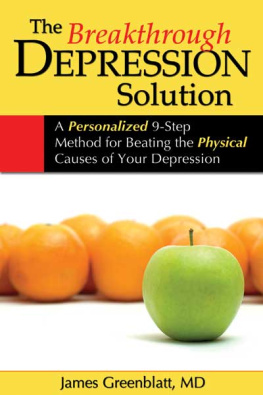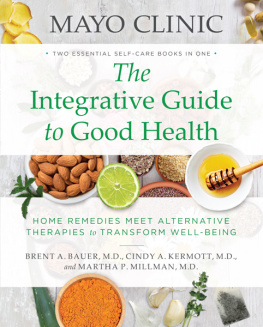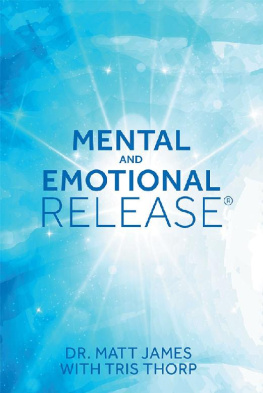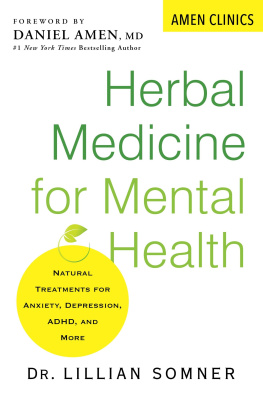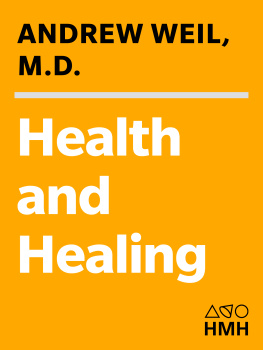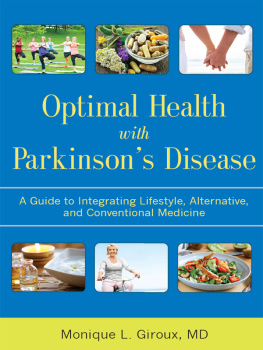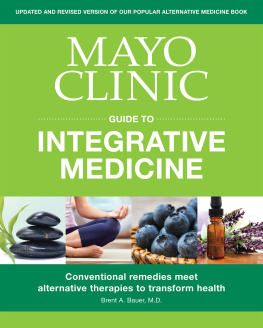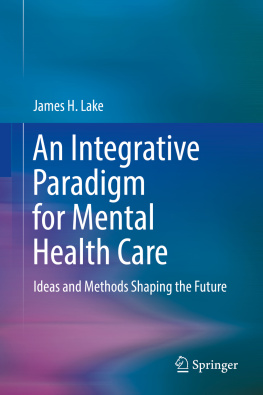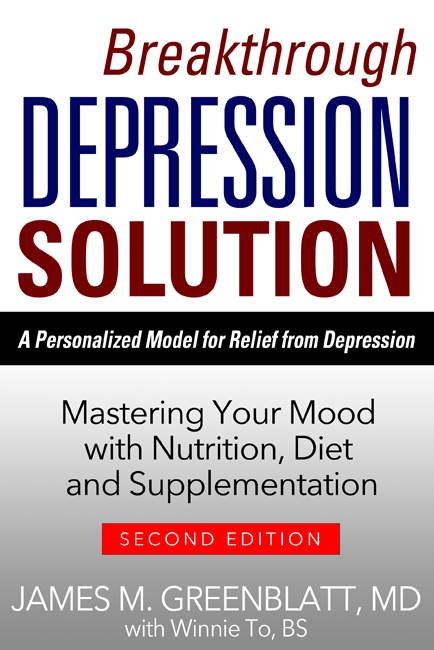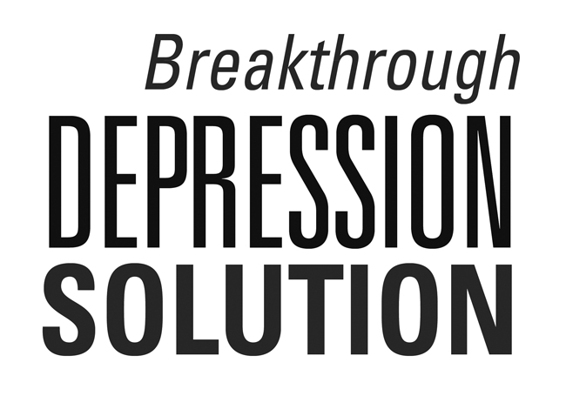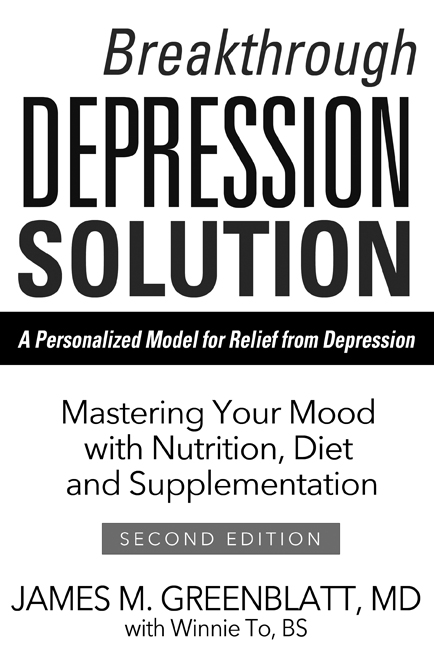I would like to thank my family for their patience and understanding during my many morning and weekend disappearances to work on this project. I also want to thank my parents, who have provided a lifetime of unwavering support and encouragement. Finally, this book could never have been written without the research, writing, and editing assistance of my coauthor, Winnie To.
Most important, I would like to thank the thousands of patients who have led me to think about what truly helps rather than what is supposed to help.
Introduction
I am grateful to have the opportunity to write an updated edition of The Breakthrough Depression Solution. The core concepts have been verified by thousands of research papers by scholars around the world, and many of these new references have been described in this edition.
The growing body of scientific literature clearly dispels the myths and demolishes the concept of alternative medicine. What used to be described as alternative medicine is now commonly recognized as integrative medicine. Integrative medicine represents the combination of conventional and alternative methodologies derived from evidence-based medicine. The field of psychiatry has lagged far behind in understanding the value of integrative medicine in the treatment of mental illness, particularly depression.
Depression cannot be seen, heard, or felt during a physical exam. Yet depression is a life-threatening, life-robbing, and disabling disorder. According to the World Health Organization, it is the leading cause of disability worldwide. The notion that we have such vague, unfounded ideas about how to effectively treat this disorder should be unacceptable to medical professionals.
Depression presents complex challenges to those who suffer from it and to those who treat it. Unlike diseases due to a single cause, such as a poison or infection, depression springs from many sources. Depression is capable of destroying every aspect of ones life and often is chronic and relapsing. The devastating effects of depression are seen by all, yet the understanding of what causes depression and, more important, how to treat depression, remains elusive to my medical colleagues and to practicing psychiatrists around the world.
Many of my colleagues in psychiatry have embraced a pure drug model. They provide no therapy, practicing medicine by seeing patients for ten to fifteen minutes at a time to do med checks, in which they adjust doses or change medications. Med checks are encouraged by insurance companies, which have created special billing codes for these visits.
Because many patients do not respond well to the first medication prescribed, the med check concept actually encourages the addition of a second or even third medication. Its not unusual for patients to be given three to five medications to treat a single diagnosis. As side effects worsen, patients often become increasingly frustrated with the medication approach, decide that all medications are evil, and refuse them. Consumer groups are organized and relentless when spreading information on the dangers of antidepressant medications. This leaves many patients feeling stuck in the middle, wondering, Who do I listen to?
The medical treatment of depression is currently not good enough. New treatments are being researched, but too many patients are still suffering. Psychiatry continues to blame you for our failures. You can see this in the terms we use: You have failed treatment or are treatment resistant. But if you are taking a medication prescribed by your doctor and are unable to recover, who has failed? I believe its time we stop failing millions of people like yourself who come to mental health professionals seeking relief from depression.
We can do better, much better, if we consider decades worth of largely ignored research that shows that depression is not all in your head. The mind and body are one; what happens in the body affects the mind and vice versa.
Its time for an approach to depression that combines traditional medical science with nutritional and metabolic therapies. To be truly successful, this approach must also be scientific, basing each and every prescription or recommendation on objectively measured problems in the body instead of subjectively compiled lists of symptoms matched to a manual. An approach to depression based on each persons different biochemical makeup does not ignore medications but focuses on the nutritional and/or metabolic abnormalities that may be contributing to the problem. This approach is able to successfully treat many individuals suffering from depression.


